
What is sustainable chocolate (and why does it matter)?
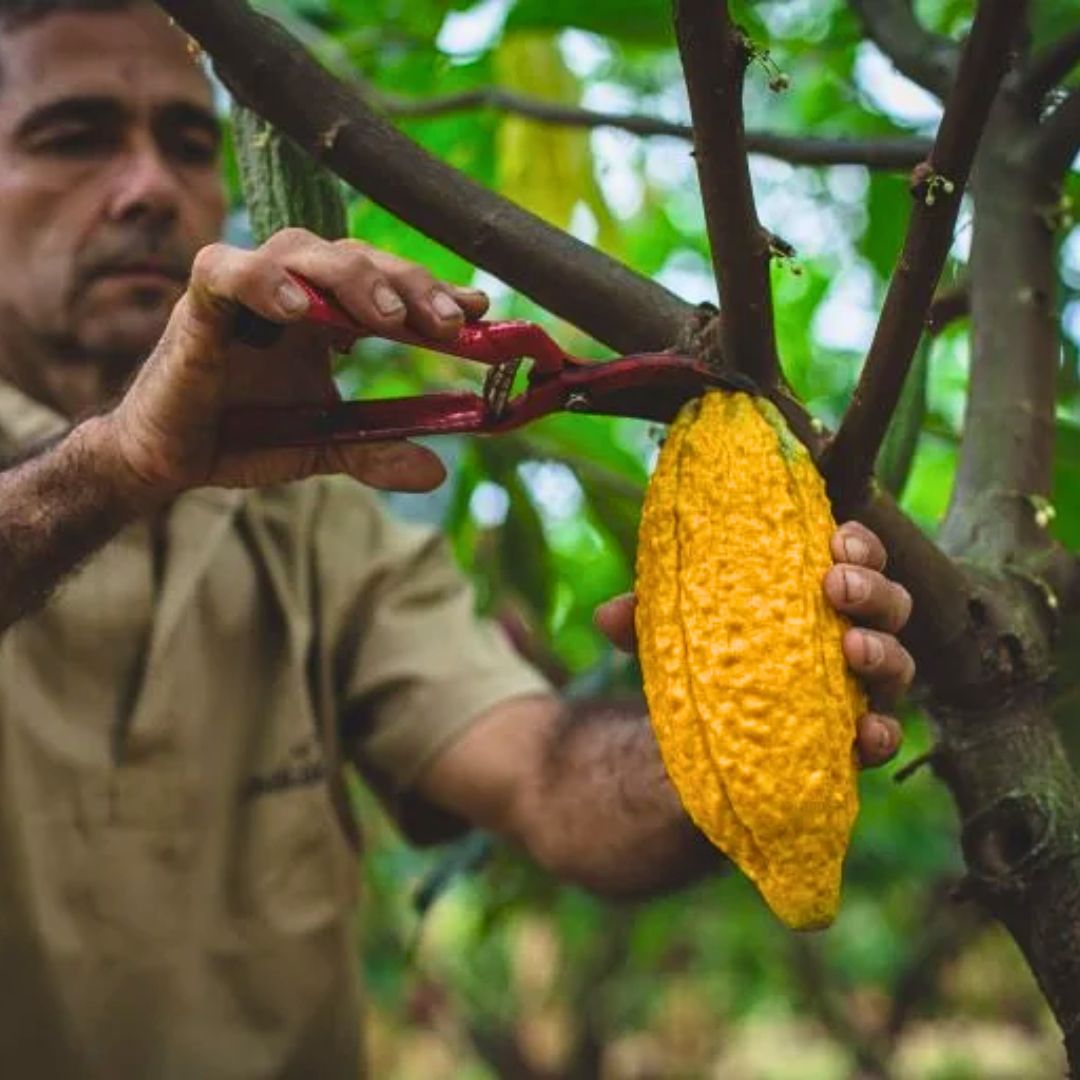



The UK is a nation of chocolate lovers. Whether we’re tucking into a gooey chocolate brownie, dunking a biscuit into a freshly made cuppa or just grabbing a quick pick-me-up, chocolate is one of our favourite snacks.
Lots of cocoa and chocolate products now carry logos and certification labels. But what is sustainable chocolate? Is it the same as fair trade? And does it really make a difference?
Get comfy, because we’re about to reveal all…
First off, what does sustainable mean?
‘Sustainable’ used to just mean that something could be done forever as the resources or energy used would never run out. So, for example, fossil fuels aren’t sustainable because A) they will run out one day, and B) burning fossil fuels leads to climate change, which damages the planet.
In 1987, the United Nations defined sustainable as ‘meeting the needs of the present without compromising the ability of future generations to meet their own needs.’
Over the years, ‘sustainable’ has come to mean so much more. The UN’s Sustainable Development Goals cover everything from clean water and renewable energy to poverty and gender equality.
So, how does this relate to chocolate?
What does 100% sustainable cocoa mean?
Not all chocolate is created equally. Some cocoa beans are grown using large amounts of pesticides and other chemicals. This harms the soil health, meaning that it’s harder to grow crops. Plus, the chemicals end up in the water supply, which is a risk to humans and wildlife.
As the demand for chocolate has grown, more land has been given over to cocoa farming, leading to mass deforestation, reduced biodiversity and the loss of wildlife. In the Ivory Coast and Ghana, 1.5 million hectares of land that were supposed to be protected have been cleared to grow cocoa.
Sustainable cocoa is grown with fewer pesticides, by farmers who avoid deforestation. Plus, growers often use cacao farming techniques such as agroforestry to improve soil health and biodiversity.
How do you know if chocolate is sustainable?
You can check the packet for labels such as ‘organic’, although not all brands are certified. You’ll also want to look for packaging that can be easily recycled, like cardboard tubs and paper bags.
Sometimes, you might need to do a bit of digging, including reading a brand’s website. You can find out more about Food Thoughts’ sustainable chocolate here.
Ethics and chocolate
Much of the world’s cocoa is harvested by children or forced labour. Cocoa suppliers often receive very little money for their cocoa, so workers end up earning less than 75p a day. This means that they can’t afford to put money aside (for example to protect against a poor harvest), send their children to school, or pay for vital infrastructure such as roads. They’re trapped in poverty.
Fairtrade chocolate
‘Fair trade’ means that farmers receive a fair price for their cocoa. The price is agreed beforehand so the grower knows how much they’ll receive for their crop. This allows them to plan for the future, put money aside for emergencies, send their children to school, and improve living standards. Most fair trade schemes also include the payment of a fair trade premium. This is used to support local communities, for example by installing water systems so people have safe water to drink.
You can read about some of the other benefits of fair trade here and 15 facts about fair trade here.
The Fairtrade Foundation is an organisation that certifies products as fair trade. You’ve probably seen the black, green and blue logo on bananas, coffee and other products. However, not all fairly traded products are certified by the Fairtrade Foundation. Smaller farms cannot always afford to pay the licence fee to have their products certified. Other growers use different certification programmes, which have similar standards.
Food Thoughts Organic Cocoa Powder was the first fairly traded cocoa powder to be sold in the UK. It’s also certified by the Soil Association, which brings us to…
Organic chocolate
‘Organic’ means that a product (or its ingredients) hasn’t been grown using harmful chemicals such as pesticides. Sometimes, products are certified as organic by the Soil Association or a similar organisation. These certifying programmes have more criteria than just the lack of chemicals; for example they have rules relating to animal welfare and child labour.
As with fair trade, not all organic products are certified. This is particularly the case with smaller growers, such as family-run farms, which can’t always afford to pay to be audited.
Food Thoughts’ ethical chocolate
At Food Thoughts, we are committed to sourcing fairly traded chocolate. From our cocoa and cacao powders to our chocolate chips, every product is sourced with care to ensure a fairer deal for cocoa farmers. We do not buy chocolate where there is any risk of child or forced labour, and all growers receive a guaranteed, fair price for their cocoa, along with additional fair trade premiums to support their communities.
We work with two dedicated suppliers—one in the Dominican Republic, where cocoa growers are paid an average of 35% above market rate, and one in Colombia, a family-run business that works directly with 2,500 farming families as well as cultivating its own farms.
Beyond fair pricing, both suppliers invest in long-term sustainability and community development. Their initiatives include building schools, improving infrastructure, and providing training to help farmers develop sustainable agricultural skills. By choosing Food Thoughts, you’re choosing chocolate that is not only of the highest quality but also supports a better future for the people who grow it.
You can find out more about our growers here.
Environmentally friendly chocolate
Our suppliers are working to prevent deforestation, plant trees and reduce negative impacts on the environment.
Our suppliers in the Dominican Republic, and thus our Organic Cocoa Powder and Organic Cacao Powder, are certified by the Soil Association. Most of their cocoa is grown using agroforestry. This means that cocoa trees are grown with other plants and trees to improve soil health and biodiversity.
Our suppliers in Colombia are a certified B Corporation committed to preventing deforestation. In 2023, they transitioned to renewable energy for all of their business operations, and they’re on track to achieve net zero by 2030.
Choosing ethically sourced chocolate
By buying ethical, sustainable chocolate you’re helping to improve the lives of farmers and protect the environment. But, that’s not all…
Ethically sourced chocolate is often better quality than other, cheaper chocolate. Our fairly traded chocolate is made from Fino de Aroma cocoa beans – which are in the top 8% of cocoa beans in the world.
So, by spending just a couple of pence more than on cheap chocolate (which may have been harvested by young children), you’re helping farmers to build a future for their families, and you’re getting to enjoy the tastiest chocolate.

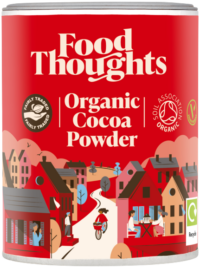
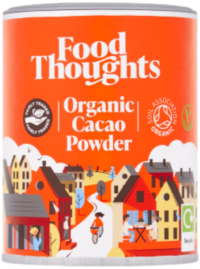
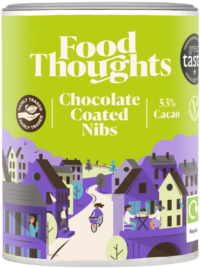
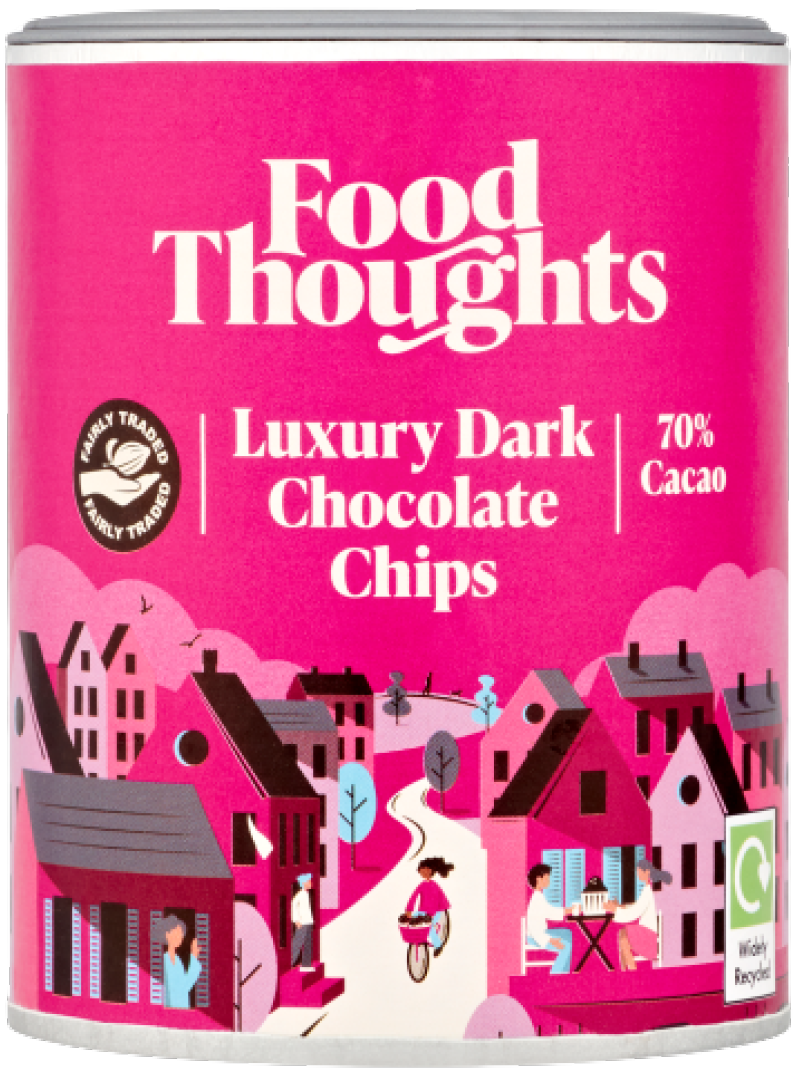
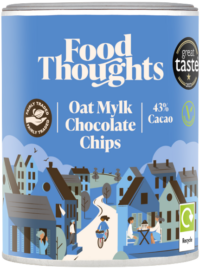
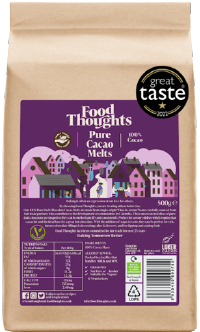
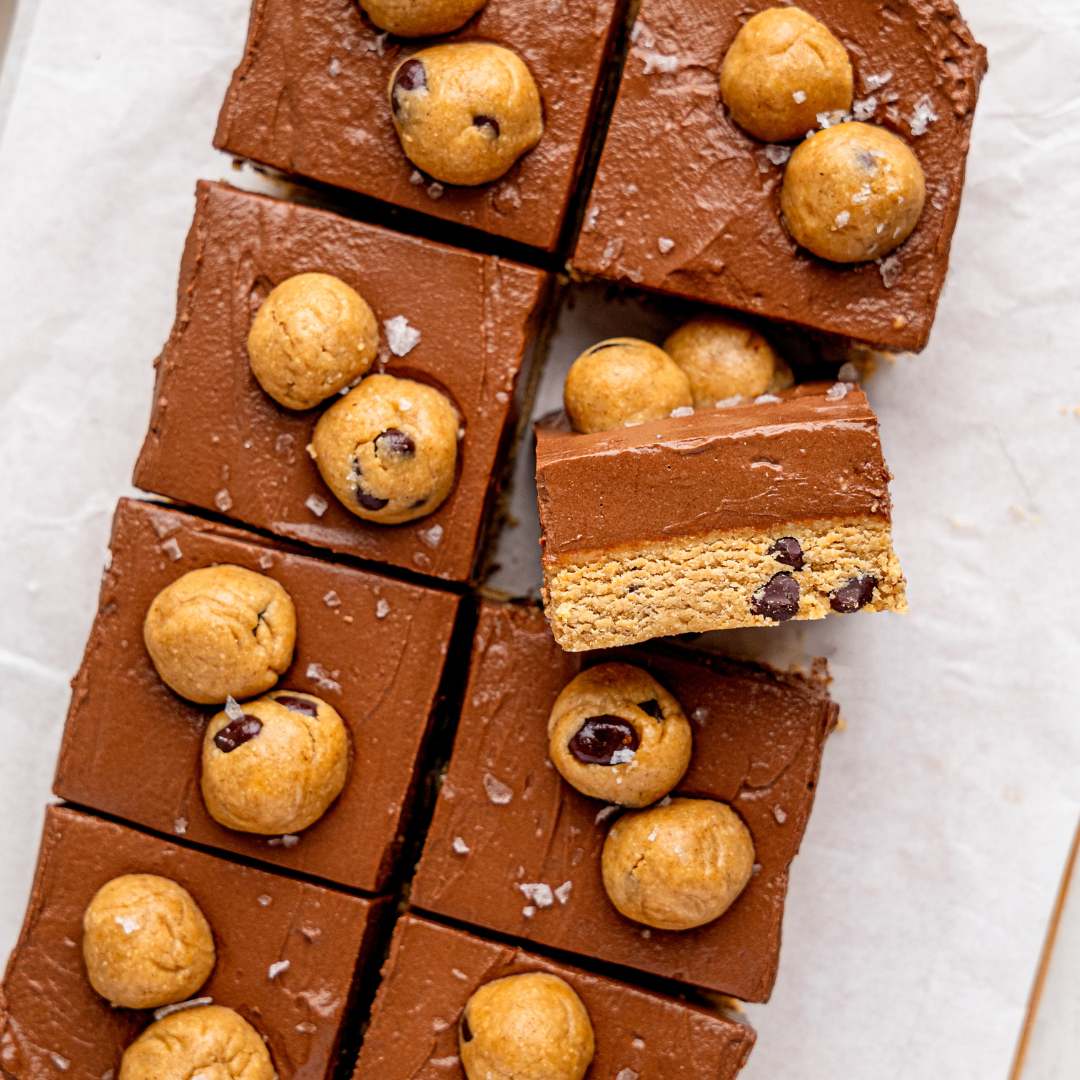

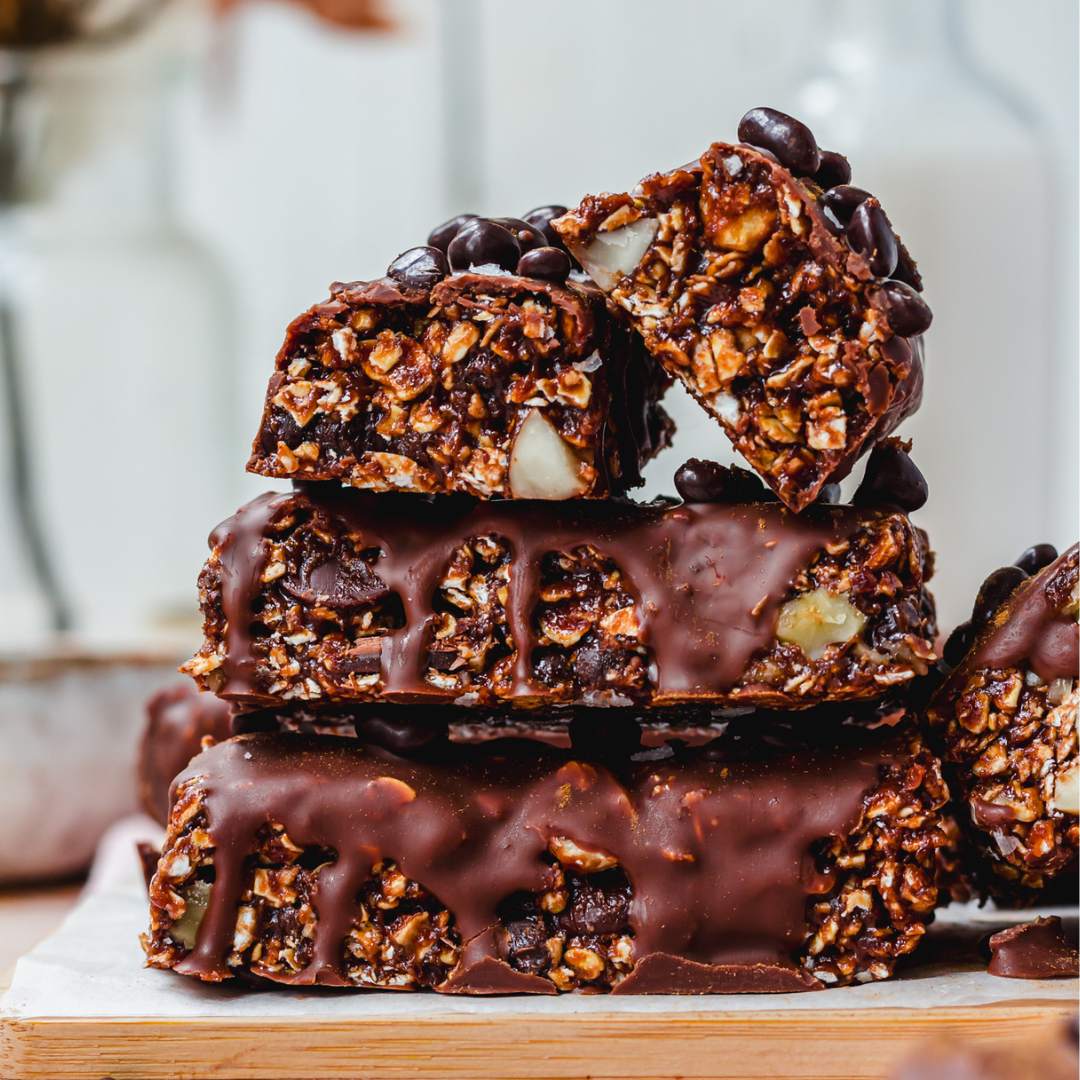
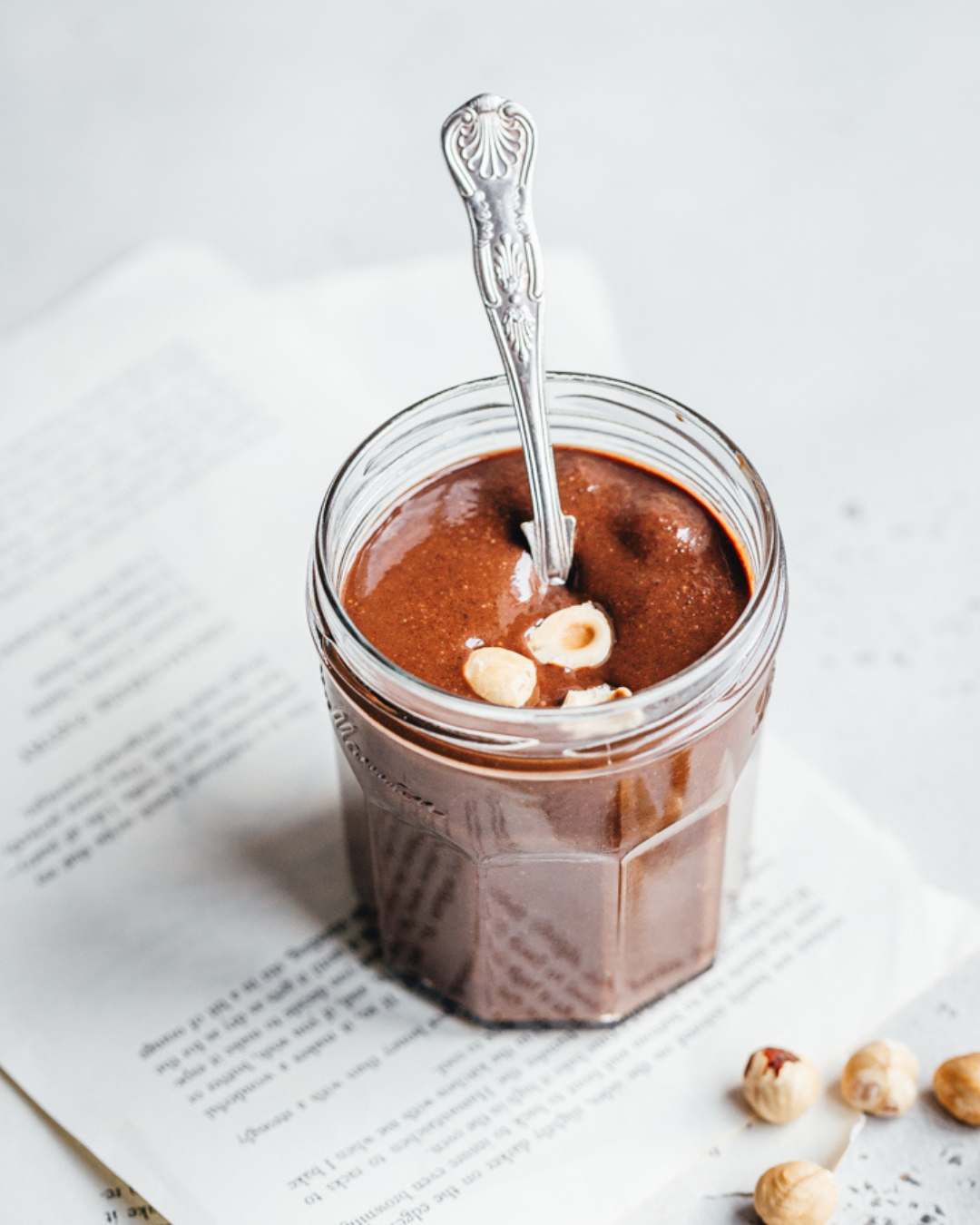
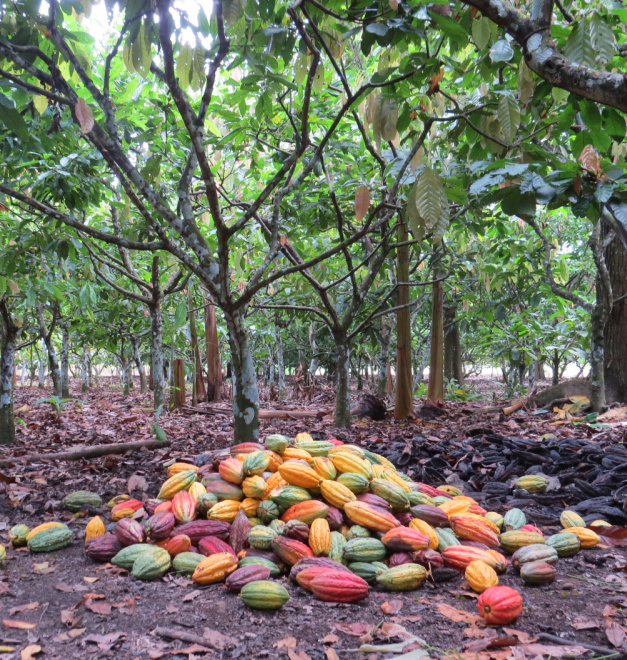
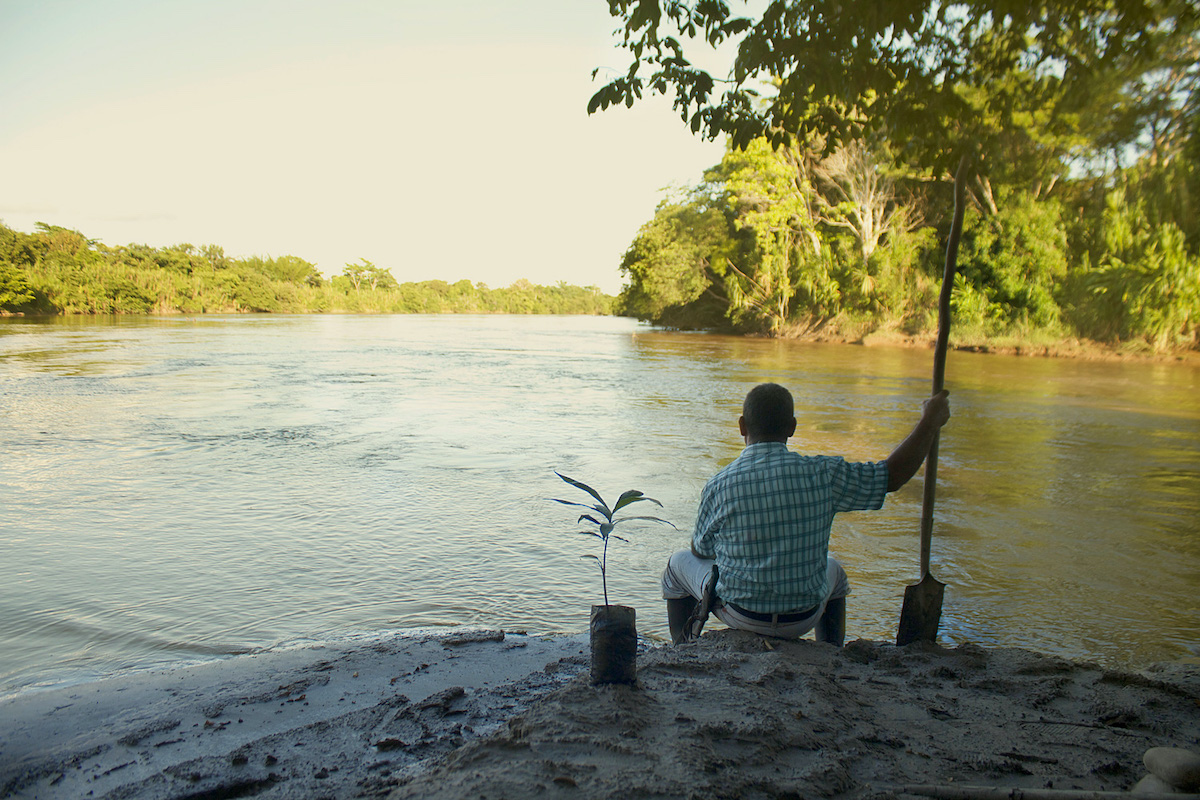
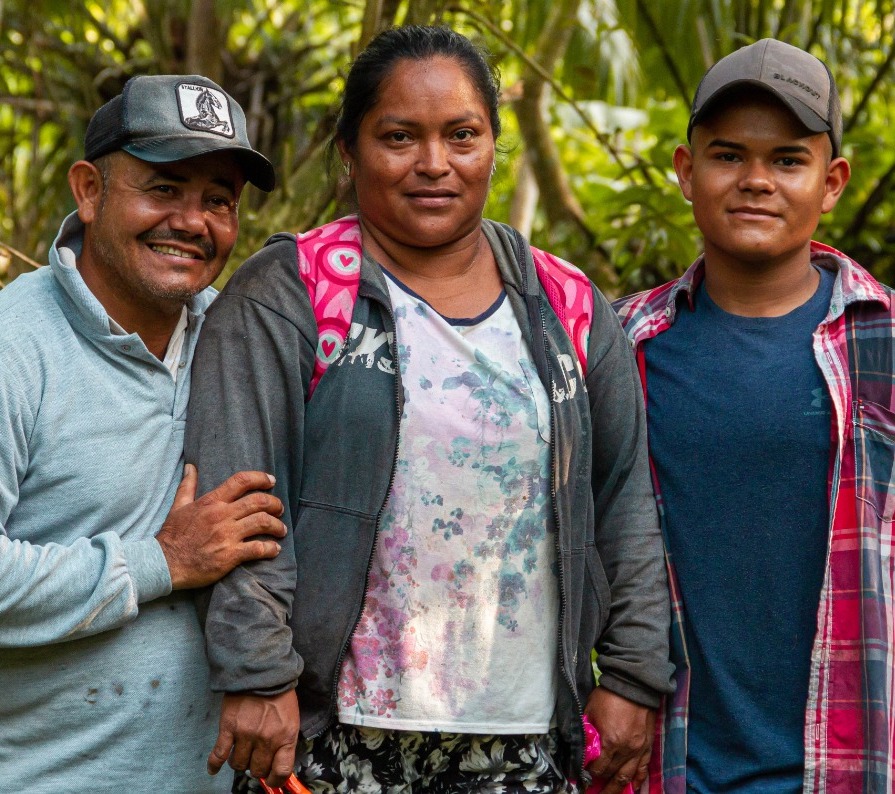
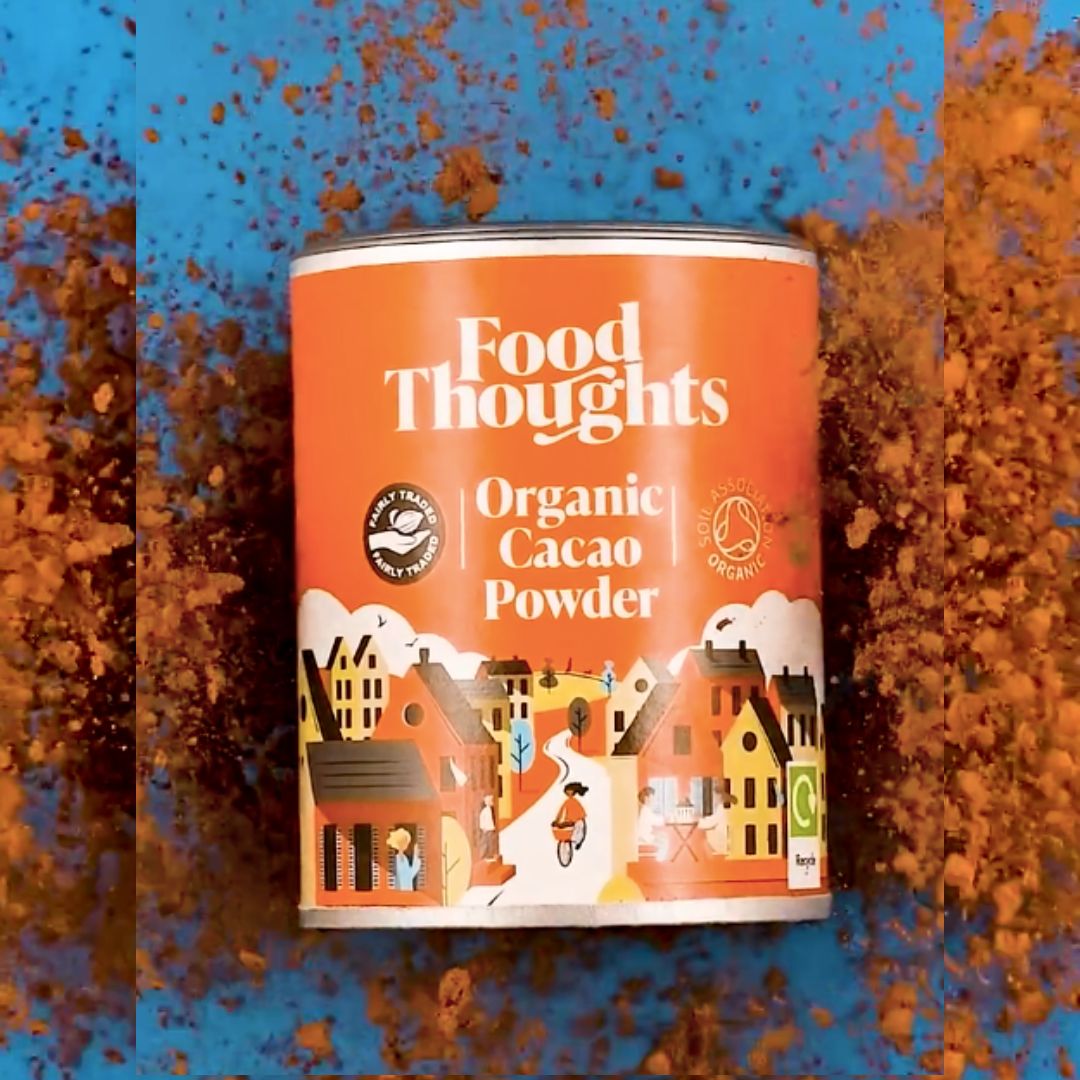
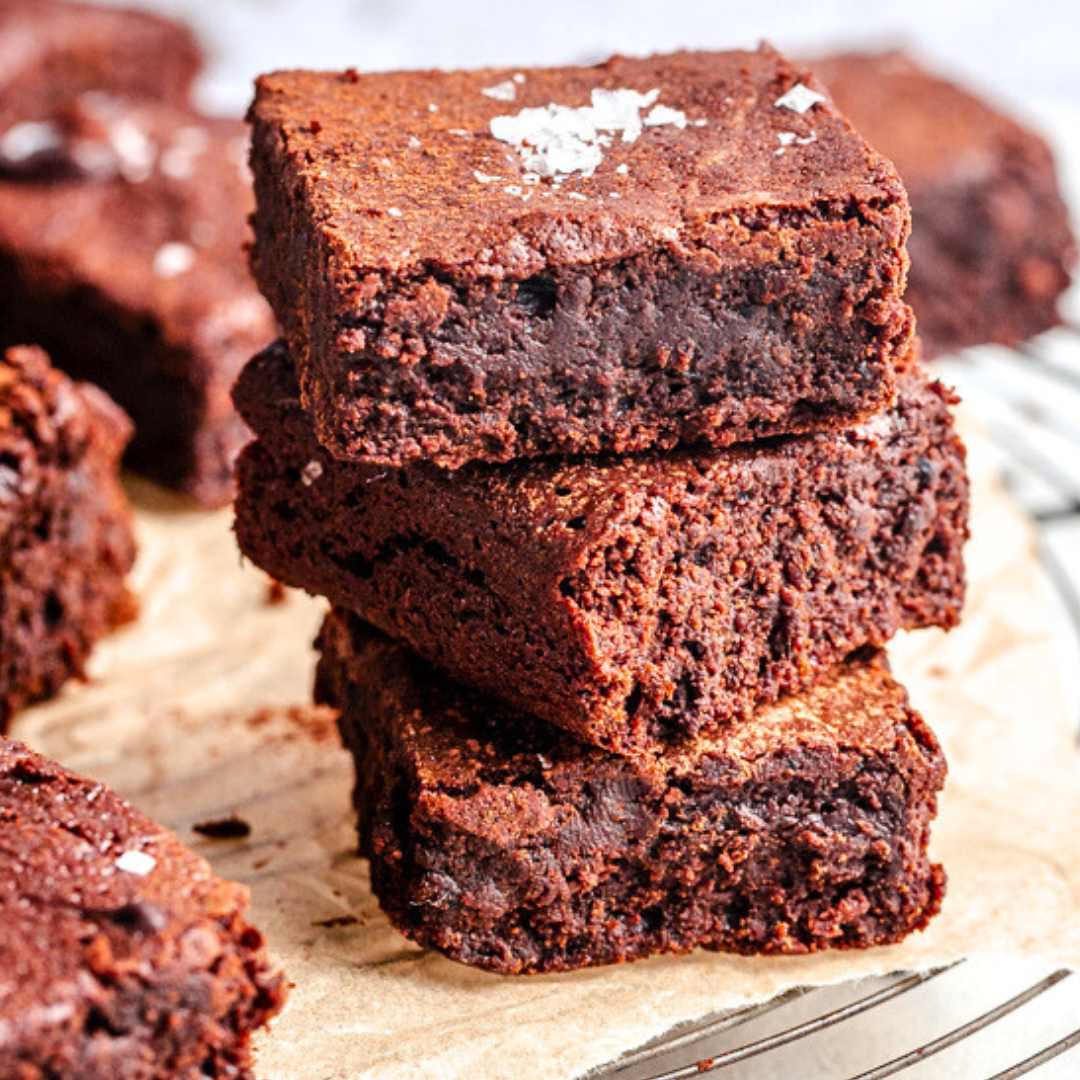
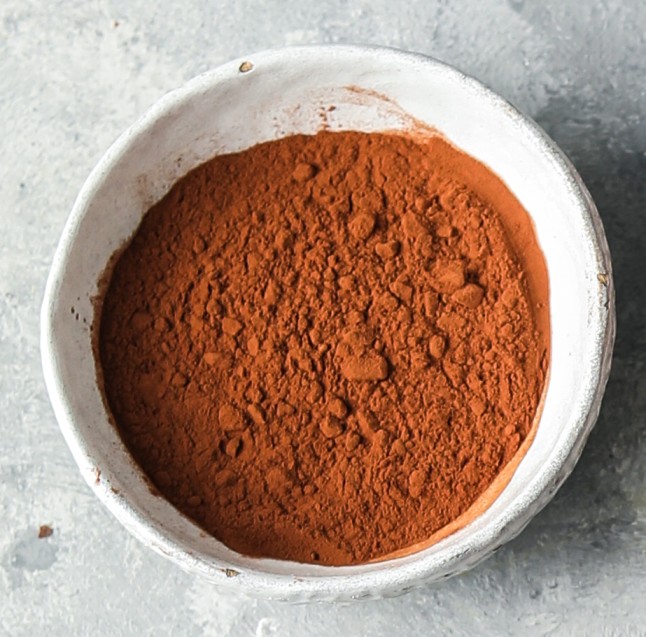






Share this